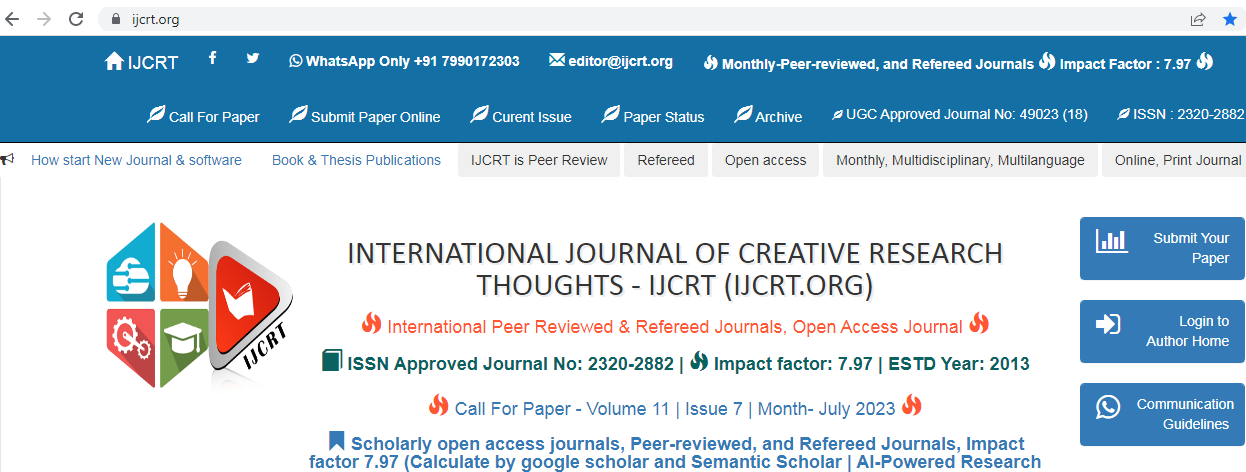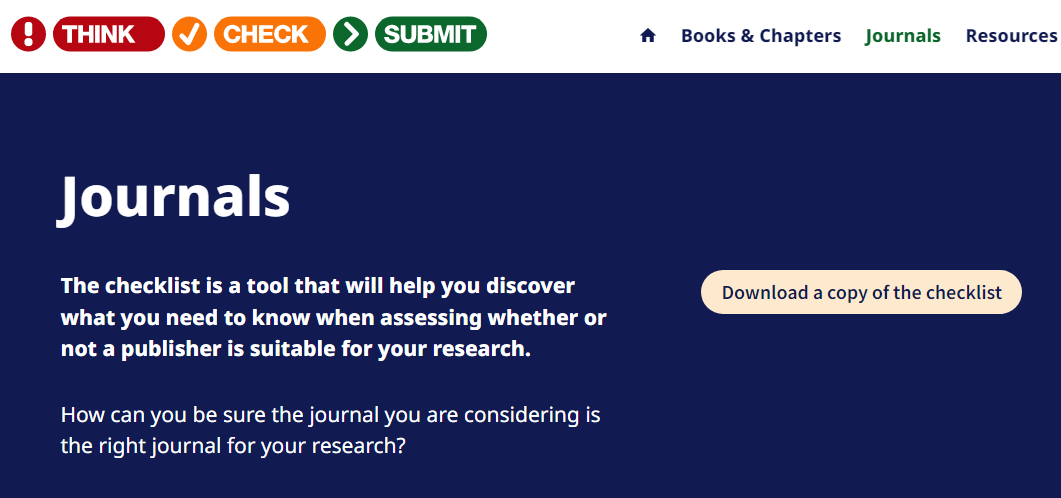What are all the factors to be considered before approaching a journal
(Image credits: https://www.inc.com/)
1. Have you checked the indexing of the journal in reliable databases?
Before submitting to a new journal, make sure that the indexing agencies are reputed one. Just give a visit to well reputed publishers such as IEEE, Springer, Elsevier, etc to confirm the reputed indexing service providers.
2. Are you aware of the journal's impact factor and how it compares to other reputable journals in your field?
Before submitting to a new journal, make sure that the impact factors (IF) are reputed one. In market many fake IFs are exists in the form *IFs. Once again give a visit to well reputed publishers such as IEEE, Springer, Elsevier, etc to confirm the reputed indexing service providers.
3. Does the journal claim to have an unusually fast publication process compared to other reputable journals?
For a journal that follows standard review process definitely it takes some amount of time to identify suitable expert reviewer in the respective area then need some time to get acceptance from the reviewer to review the particular article, then reviewer need some time go through the article and provide some feedback about the article. So a reputed journal that follows standard review process surely it will take time more than one month approximately. So if a journal tells that they can publishes within some 2-days/4-days/week then blindly you can ensure this is a fake journal.
4. Have you confirmed that the journal has a valid ISSN (International Standard Serial Number)?
Do some check about ISSN number that a fake journal has. Because without even getting ISSN number, by adopting a journal that was listed in scopus for the past years fake journals are doing their publication process. For example consider the following fake journal website, ISSN number. Based on this ISSN search you can also ensure whether the journal is a fake or not.
5. Does the journal display any misleading impact metrics or fake indexing claims on its website?
Based on the fake impact factor values, easily you can justify that the journal is fake. Only impact factor from Thomson and Reuters is the recognised one in most of the worldwide academic community. Similarly based on the indexing also one can ensure it is a fake journal. Any impact factor providers or indexing service providers would display advertisement in their website? One must think it off, based on their website itself one can confirm their genuineness.



Comments
Post a Comment